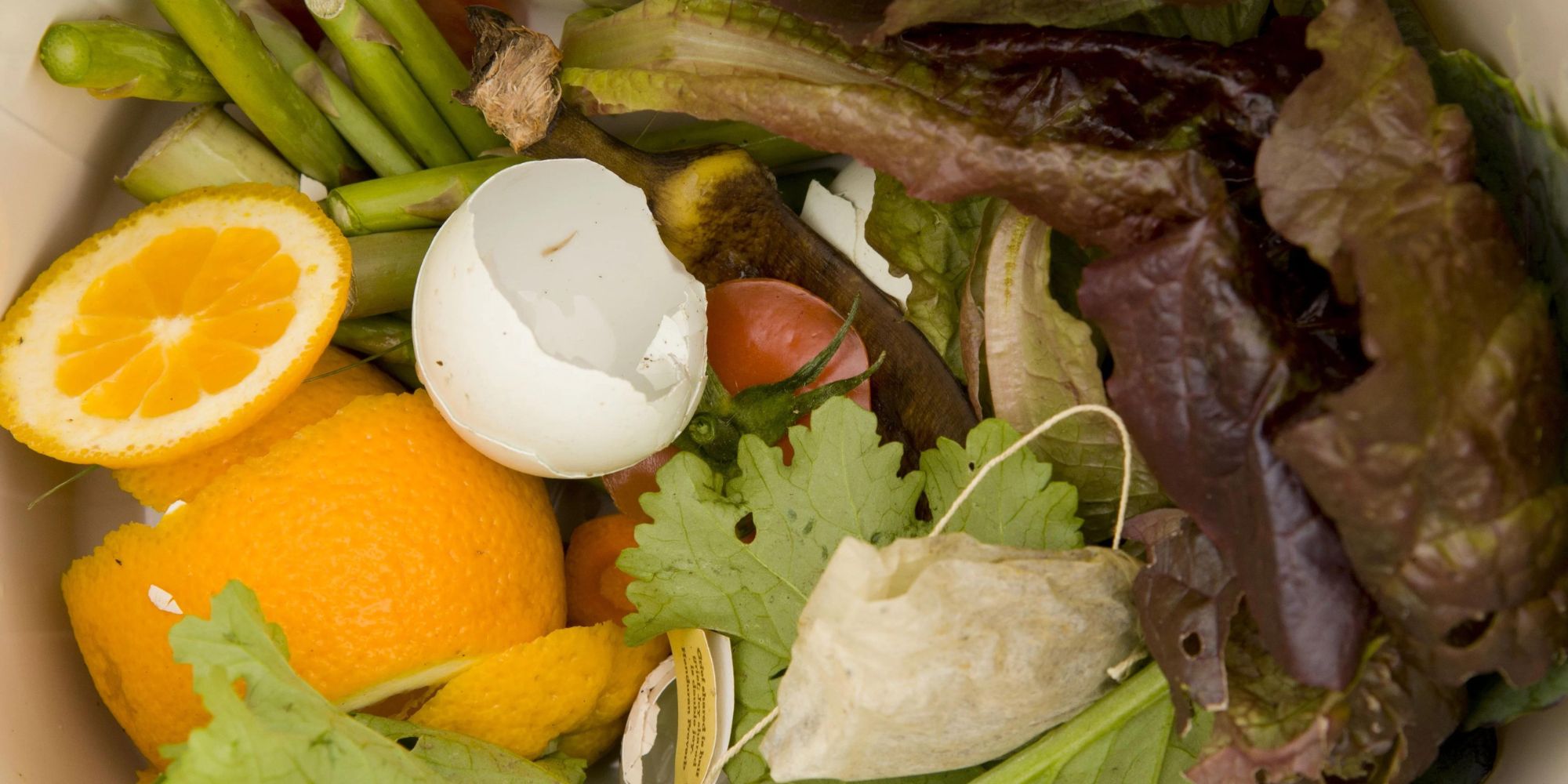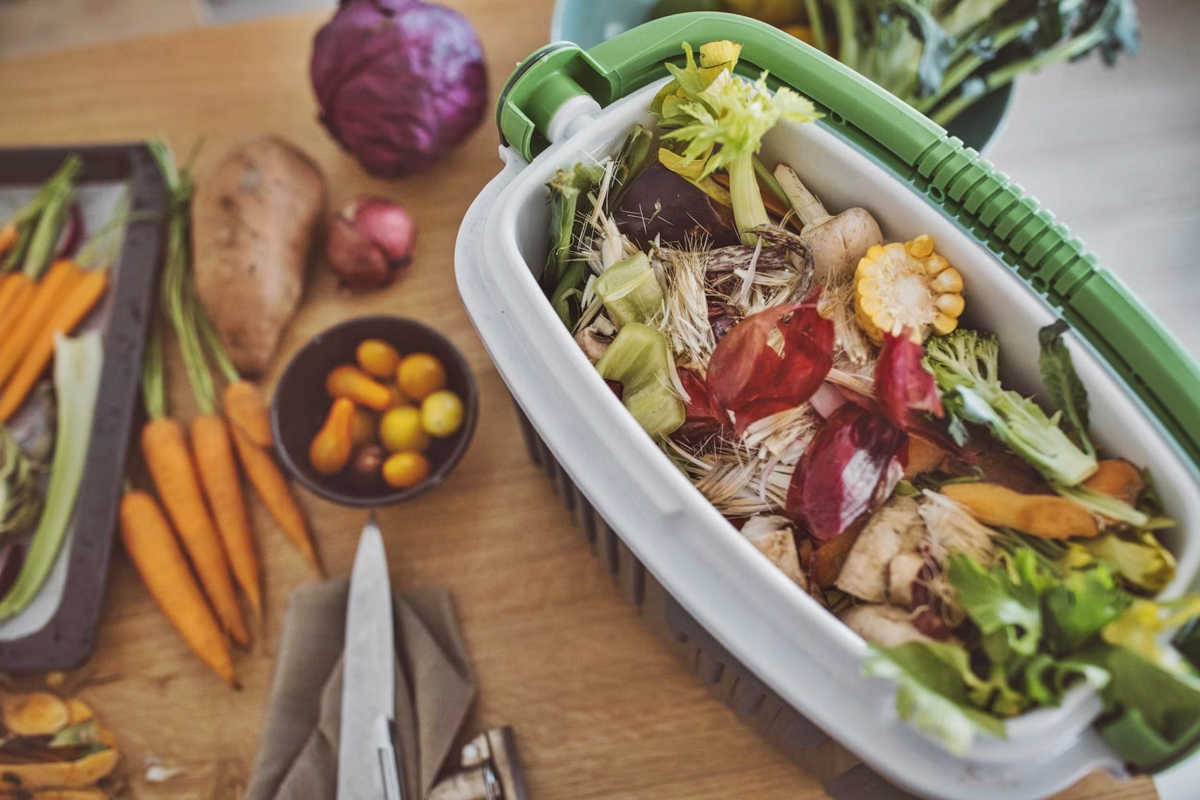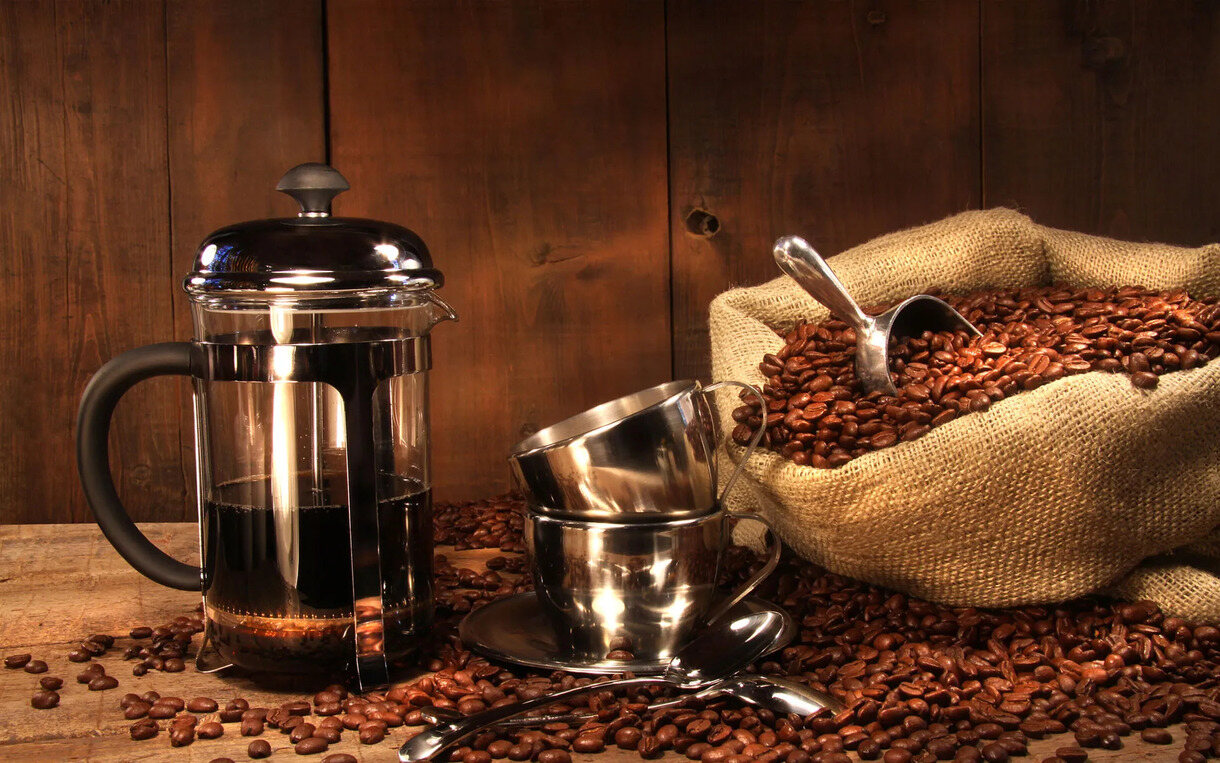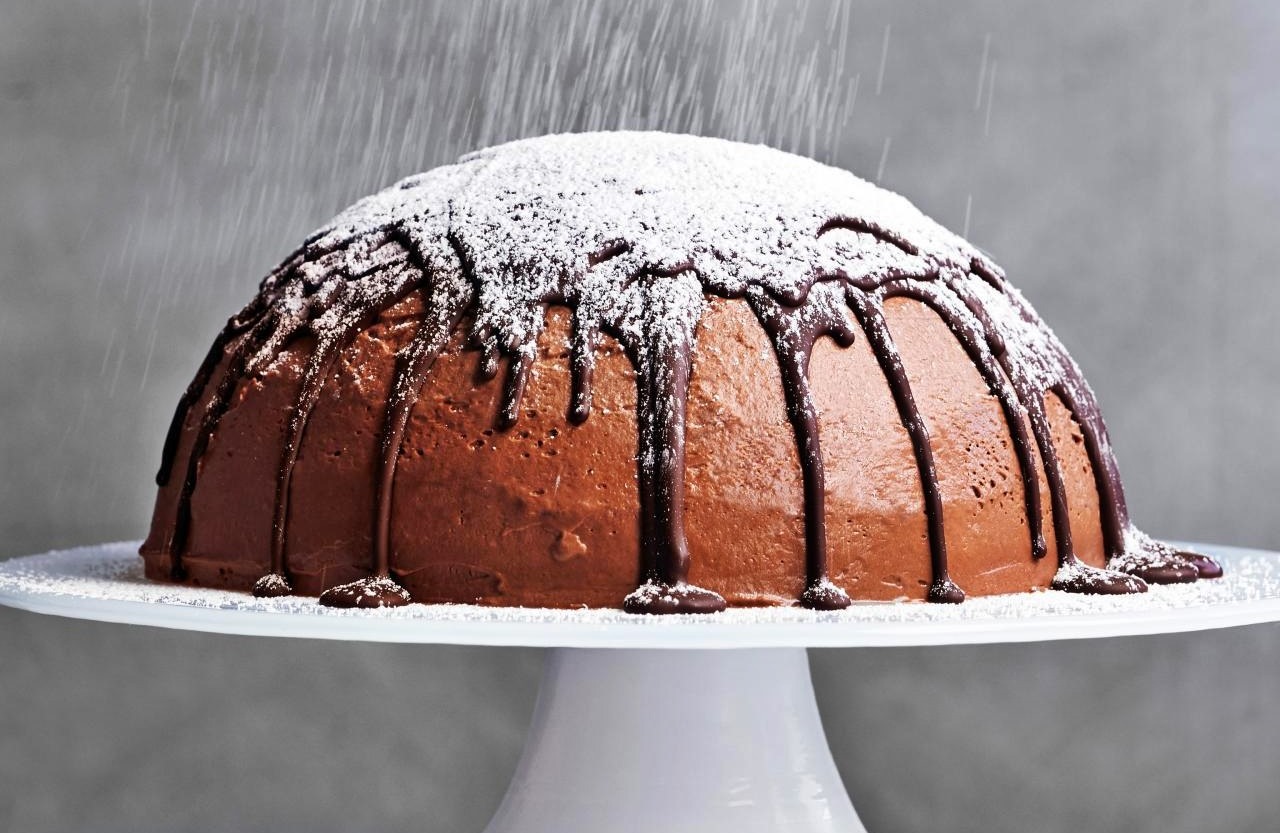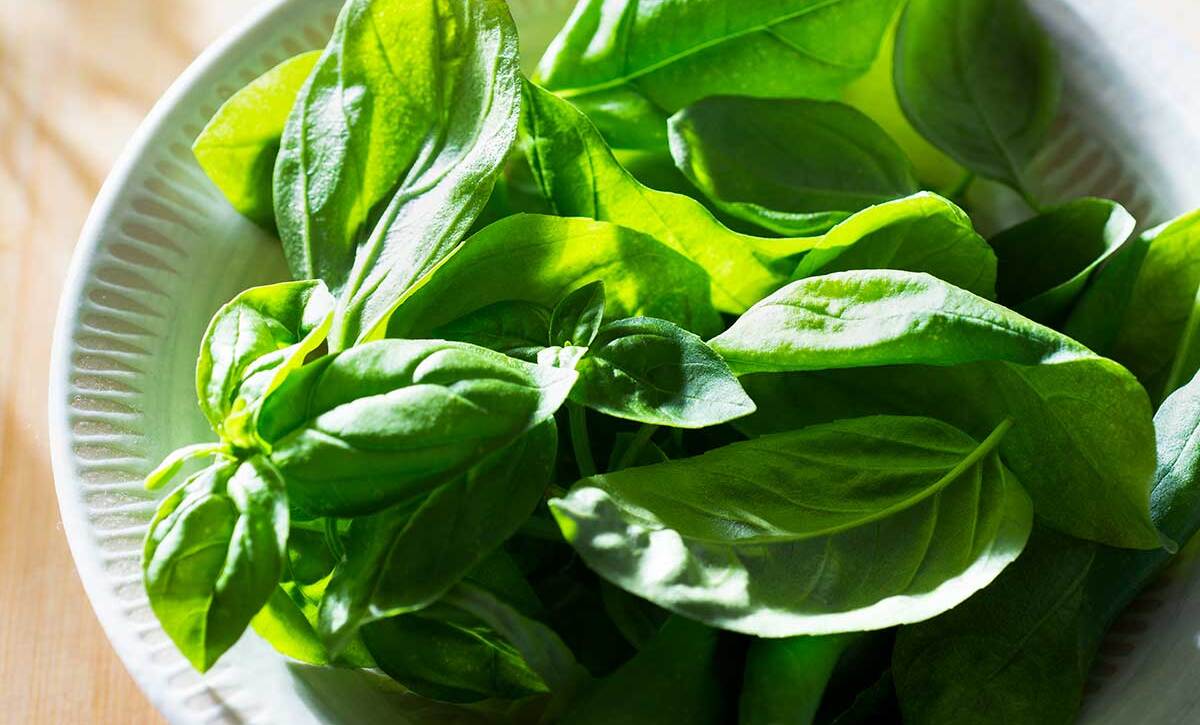Why You Should Compost Your Coffee Grounds
As a coffee lover, you may be wondering what to do with those leftover coffee grounds. Instead of throwing them in the trash, consider composting them. Composting coffee grounds not only helps reduce waste, but it also provides numerous benefits for your garden and the environment. Here are some compelling reasons why you should start composting your coffee grounds:
1. Nutrient-rich soil amendment
Coffee grounds are packed with essential nutrients that can enhance the quality of your soil. They contain nitrogen, potassium, phosphorus, and other trace minerals. When added to your compost pile, coffee grounds help create well-balanced organic matter that enriches the soil, making it more fertile for plants to thrive.
2. Improves soil structure and drainage
One of the significant benefits of composting coffee grounds is its ability to enhance the structure of the soil. Coffee grounds have a fine texture that helps improve soil drainage, allowing water to penetrate more effectively. This is especially beneficial for clay or compacted soils that tend to retain water and restrict root growth. By adding coffee grounds to your compost, you can create a lighter and looser soil structure, promoting healthier plant growth.
3. Natural pest deterrent
Coffee grounds can act as a natural repellent against common garden pests. Many insects, like slugs, snails, and ants, are repelled by the strong aroma of coffee. Adding coffee grounds to your compost can help deter these pests from your garden, protecting your plants from potential damage. However, it’s important to note that coffee grounds alone may not eliminate all pests, so it’s recommended to use them in combination with other pest control methods.
4. Reduces landfill waste
Did you know that coffee grounds make up a significant portion of waste in landfills? By composting your coffee grounds, you can divert them from the landfill and contribute to a healthier environment. Composting is an eco-friendly solution that reduces greenhouse gas emissions and helps minimize the strain on landfill sites. By taking this simple step, you’re actively participating in waste reduction and promoting sustainability.
5. Encourages biodiversity
Composting coffee grounds promotes a healthy ecosystem in your garden. The organic matter created from composting attracts beneficial organisms such as earthworms, which play a crucial role in improving soil fertility. Earthworms help break down the coffee grounds further, converting them into rich humus that nourishes your plants. By composting, you create an environment that supports biodiversity and encourages a thriving garden ecosystem.
So, the next time you finish brewing your cup of coffee, don’t let those coffee grounds go to waste. Instead, start composting them and reap the rewards for your garden and the environment. Composting coffee grounds is a simple and impactful way to reduce waste, nourish your soil, and promote a sustainable future.
- Benefits of composting coffee grounds:
- Nutrient-rich soil amendment
- Improves soil structure and drainage
- Natural pest deterrent
- Reduces landfill waste
- Encourages biodiversity
